At ROC we believe sustainability is about driving value by delivering economic success, environmental stewardship and social responsibility. The long-term success of our business requires continuous investment in our technical capabilities, our people, associated communities and the surrounding environment.
Our long-term success depends on a strategy for sustained growth, but responsible operations are essential for maintaining our license to operate in the community and environment. To remain credible, ROC is committed to attracting and retaining talented employees and building strong, lasting relationships with stakeholders.
We value partnerships with local communities, investors, and regulators. By acting responsibly, we reduce business risks, minimize environmental impact, ensure a safe workplace, and benefit the communities where we operate.
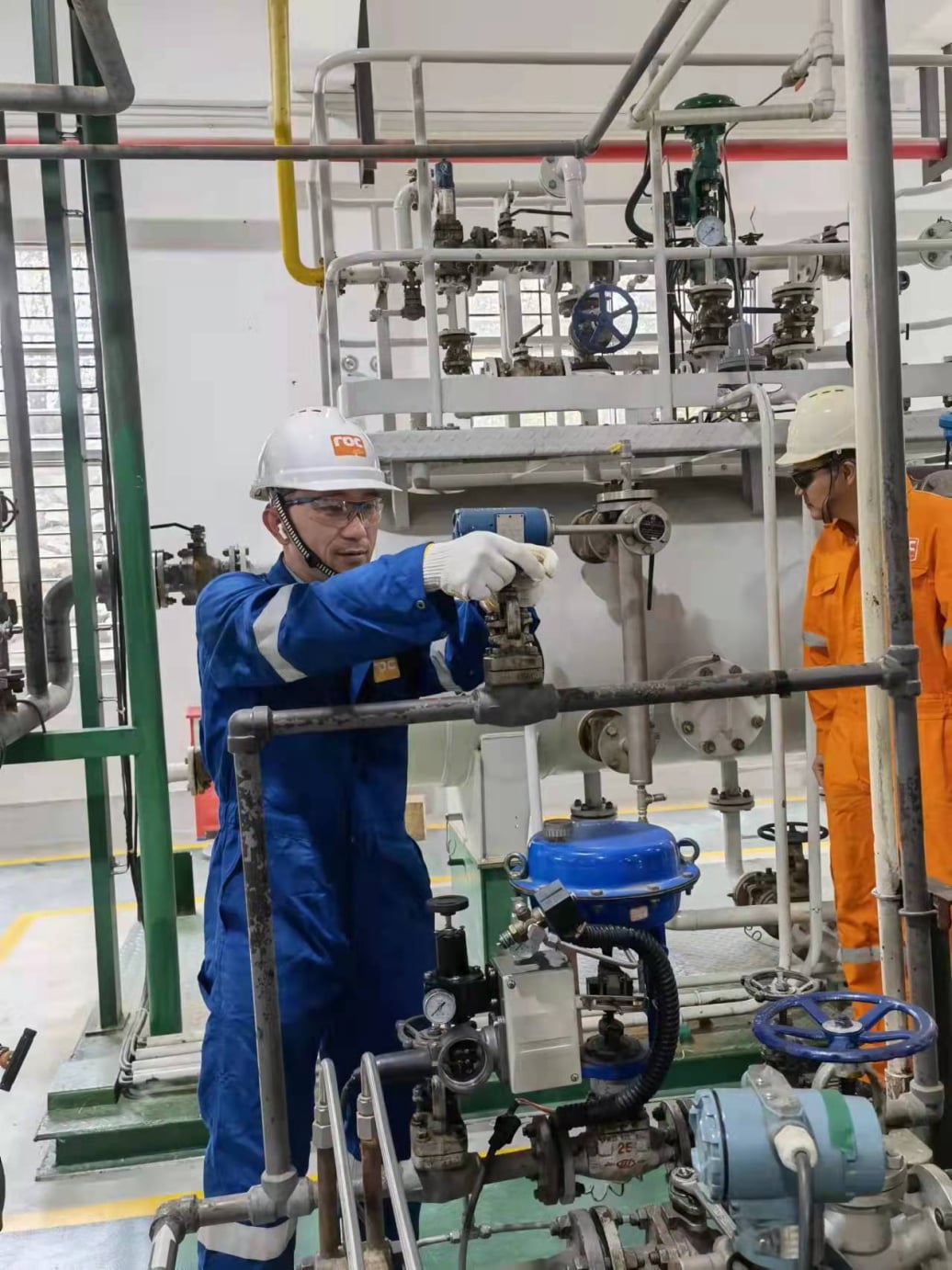
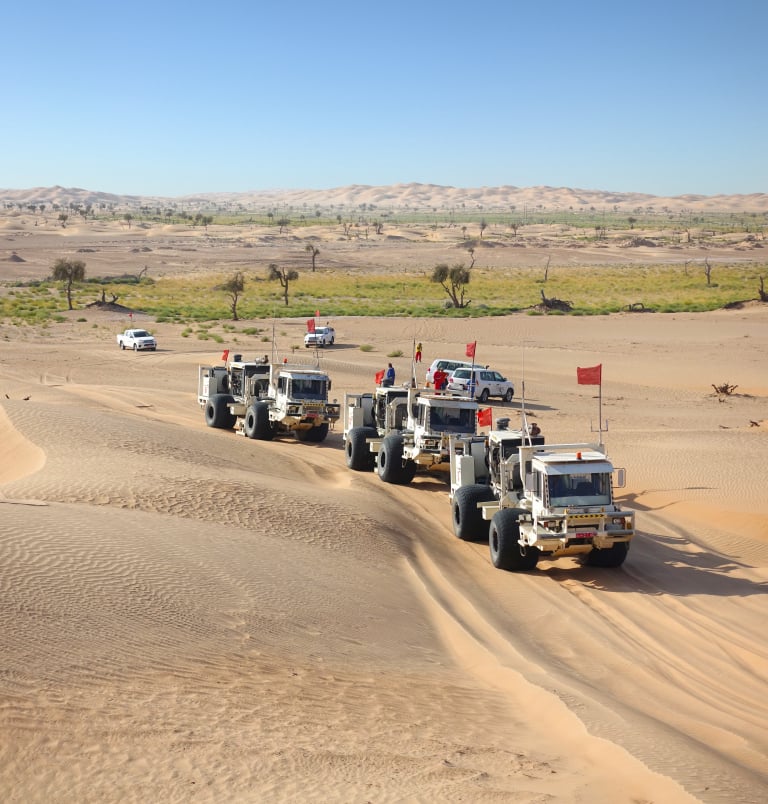
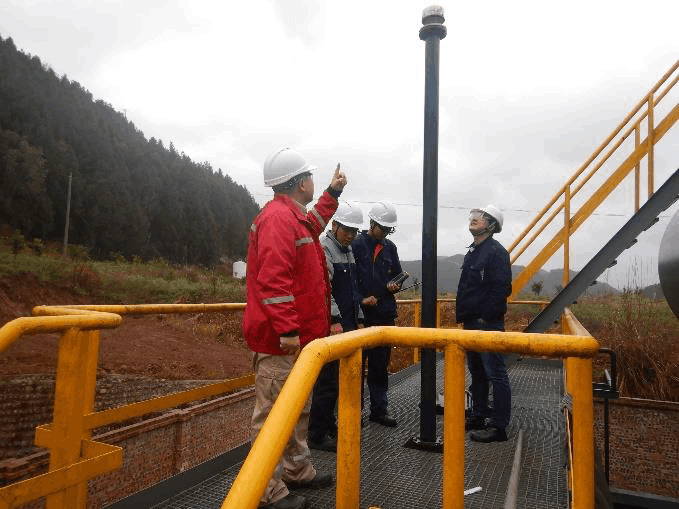
At ROC we recognise our ability to sustain value growth is dependent on the Company's ability to operate in a socially and environmentally responsible manner.
ROC's dedication to Health, Safety and Environment (HSE) practices is encapsulated in our HSE Vision and Guiding Principles. Our strong HSE track record provides our 'licence to operate' in the core operating regions of South East Asia and China.
Complementing ROC's dedication to HSE is our Asset Integrity Management (AIM) programme. All ROC operations and projects develop and implement full lifecycle asset integrity controls.
AIM offers ROC key benefits: it reduces safety and environmental risks, protects people, and extends equipment life. This improves production reliability, lowers costs, and maximizes value from complex fields. It also strengthens ROC's position as a preferred partner for joint ventures, national oil companies, and governments.
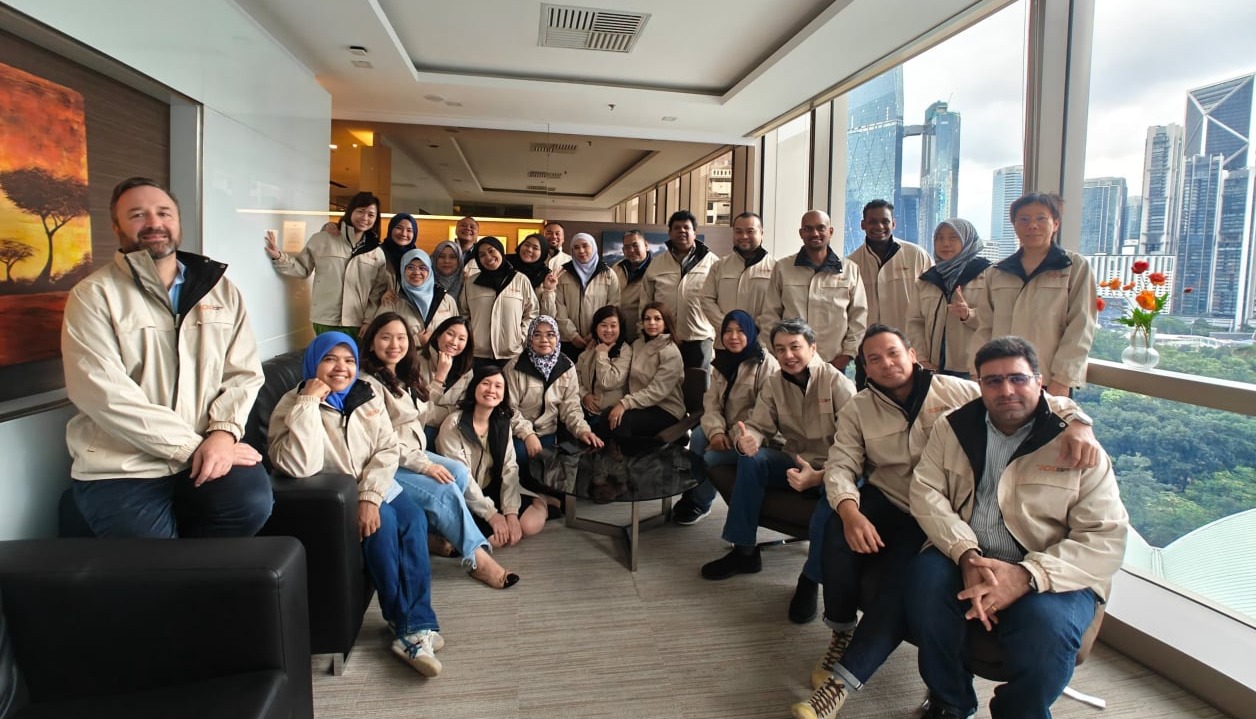
ROC is dedicated to our HSE practices, which are encapsulated in our HSE Vision and Guiding Principles.
ROC's HSE Vision and Guiding Principles have been integrated into the strategic decision making processes within the business and support our commitment to the following key goals:
ROC utilises an eight element HSE Management System and various HSE expectation documents that identify the standards that are required to be adopted by all ROC operations.
Complementing ROC's dedication to HSE is our AIM programme. All ROC operations and projects develop and fully implement full lifecycle asset integrity controls. Monitoring of performance is verified with regular audits.
AIM provides ROC with multiple benefits including:
Adopting these policies delivers economic benefits through steady, reliable production and lower operating costs, which are important elements as we work to extract maximum value from technically challenging fields. This approach helps ROC maintain a competitive advantage and remain a partner of choice.
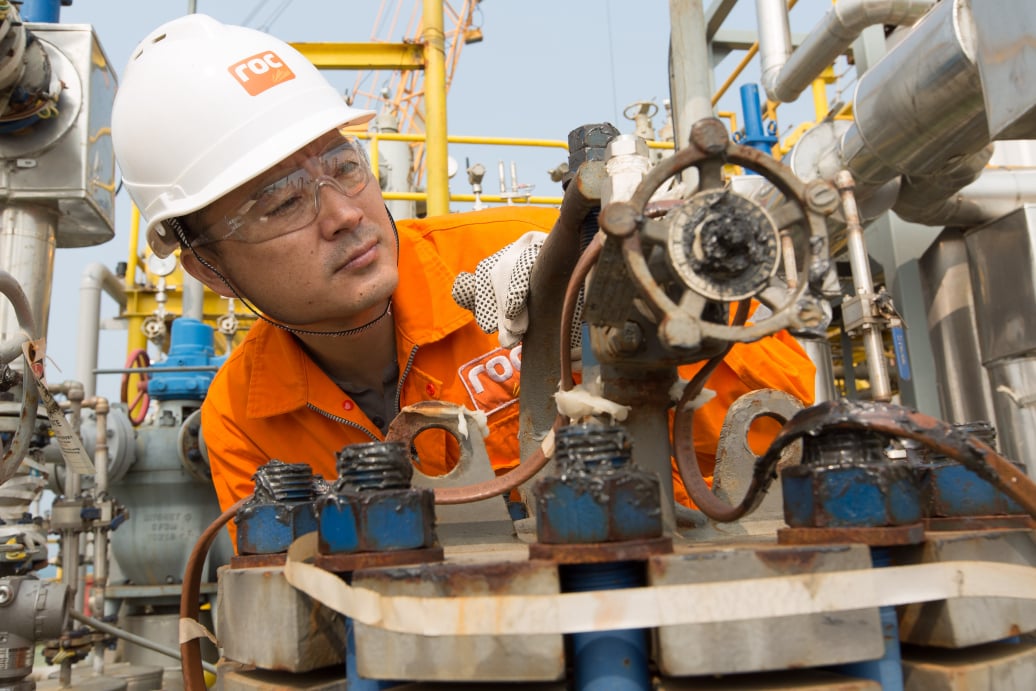
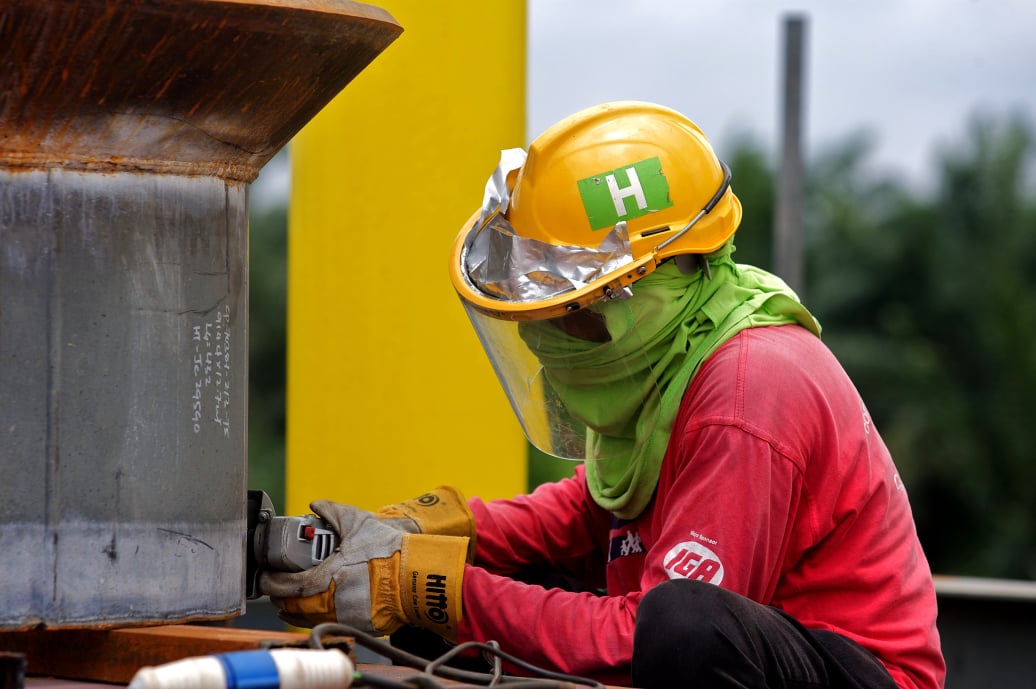
Reliable environmental performance and a process of continuous improvement within our operations is essential for our business and our licence to operate.
Environmental management is a key aspect of the ROC HSE Management System and all ROC operations are expected to fully comply with regional environmental regulations. Environmental risk assessment tools such as Environmental Hazard Identification processes and Environmental Impact Assessments (EIA) are used to assess the potential for any impact on the environment within our operations.
Actions to prevent or mitigate any potential impacts are consolidated into Environmental Plans at each of our operations.
We strive to minimize our environmental impact by
integrating risk management into our decisions and operations. This includes addressing climate change
risks and working toward net-zero greenhouse gas (GHG) emissions.
ROC's target is to become a net-zero GHG emissions energy business by 2050.
Becoming a net-zero GHG emissions energy business means that we are reducing GHG emissions to zero
from our operations and all aspects of our business activities through both reduction and offset
measures.
The Board has ultimate responsibility for risk
management, and their decision-making takes climate-related risks into consideration.
Our Board of Directors, senior management and operational-level employees all have a role in
identifying, assessing and managing climate-related risks and opportunities.
Our corporate HSE Manager, who reports directly to the CEO, has leadership responsibility for
climate-related issues and provides regular performance updates to the Board.
We continue to evaluate and enhance our risk assessment processes to ensure company leaders have
the information they need to manage climate-related risks.
Reporting boundaries include only ROC's operated offices
and producing assets globally.
We endeavour to be a trusted partner of choice for all our operations in the countries where we
operate. We will keep in close contact with industry peers, partners, regulators and other
stakeholders to monitor the latest development in emission reduction technologies and offset measures
and implement them as appropriately on this challenging journey to meet a net-zero target.
ROC recognises that wherever it operates there will be people with legal, economic and emotional ties to the area. It seeks to engage and deal openly with communities and personal interests in a sensitive, just and equitable way.
ROC sees that it should not only be a good neighbour, but that it must also be a responsible local citizen in areas such as employment, local expenditure, training and support of local community initiatives. We take a proactive approach to engage stakeholders within the communities we work amongst.
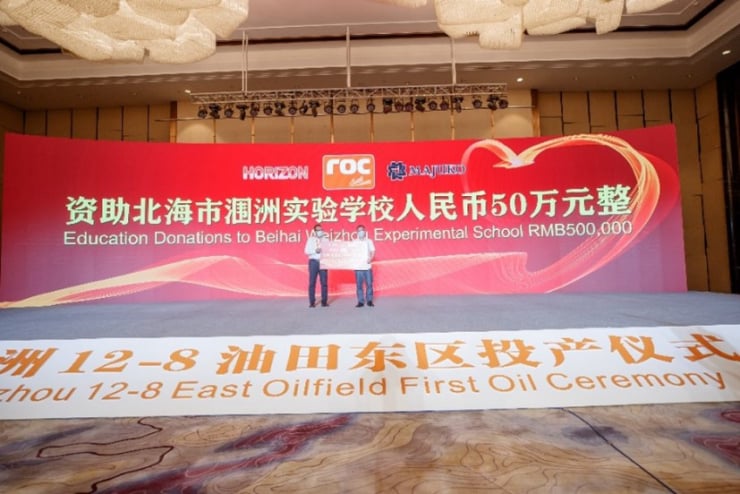
Education - Beihai
In 2022, ROC China donated RMB500,000 (~US$70,000) for education purposes to the Beihai
Weizhou Experimental School.
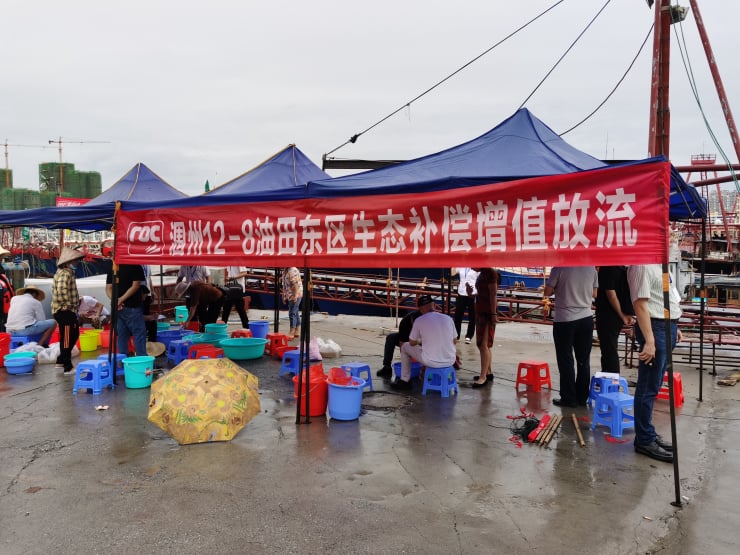
Fishery resources compensation - Weizhou
After the WZ12-8E Oilfield was put into production, ROC
China actively implemented the fishery resources compensation program. On July 7, 2022, ROC conducted
proliferation and released fish fry of 1,121,800 tails of red snapper, yellowfin snapper and other
fishes; and 95,169,800 tails of spot prawns, Japanese shrimps and other shrimps in the sea area where
the Oilfield is located, totaling 9,629,632,000 tails, with an actual investment of RMB 2,721,100
yuan.
According to the follow-up survey and effect assessment carried out after the stocking, it was
shown that 63.681 tons of fishing production could be formed, a total return benefit of RMB4,259,100
yuan, and the number of bits retained in the sea was 778,851,000 tails, and the output of the
proliferation release of fish fry for one years has already been 2.1 times that of the total
investment.
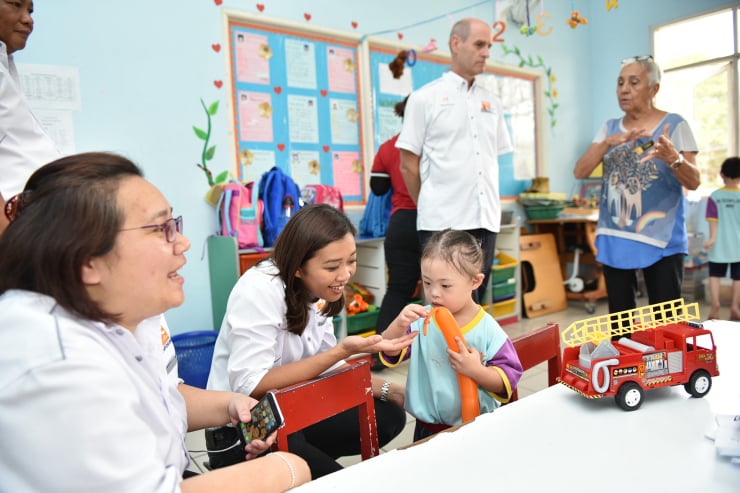
Education - Sarawak
ROC supports the surrounding communities in Sarawak through
its "Reaching Out" program, which focuses on community support strategies with education as a central
theme. This includes providing school learning aid and educational awareness to primary school students
from low-income families.
From 2017 to 2019, ROC Malaysia donated school supplies and equipment to two primary schools in Miri
where the main family income comes from farming and fisheries, and to a day care centre which caters for
children and young adults who are mentally and/or physically disabled.
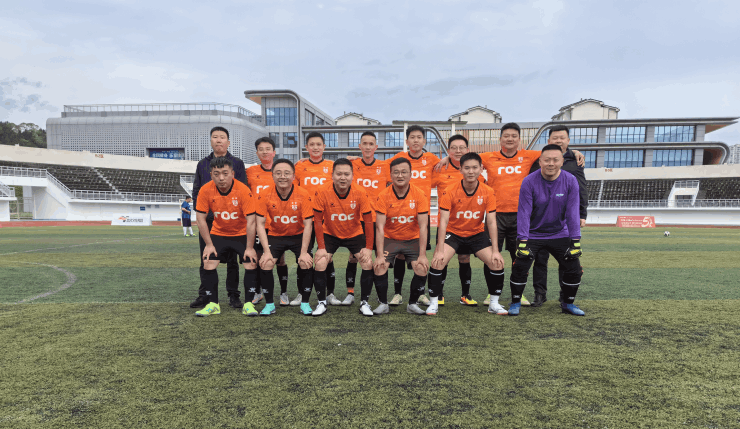
Support - Yanting
In 2022/23, ROC Chengdu supported the local Yanting
community and villagers by building roads, a water well and a lamppost, and sponsored the Yanting Youth
Soccer League.
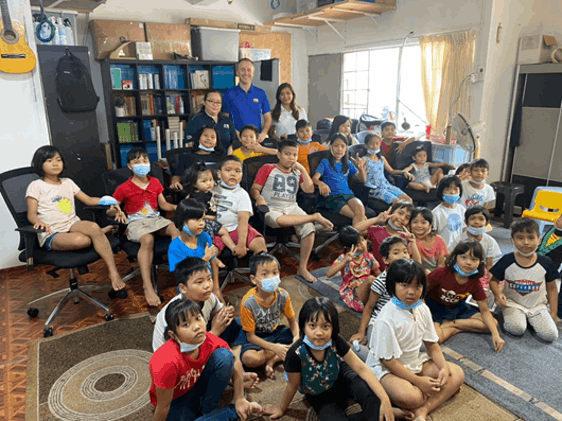
Philanthropy - Kuala Lumpur
In 2022, monies collected from an auction of surplus office
furniture, matched by a donation from ROC Malaysia, together with unsold office furniture, were donated
to an orphanage home and a refugee learning centre.
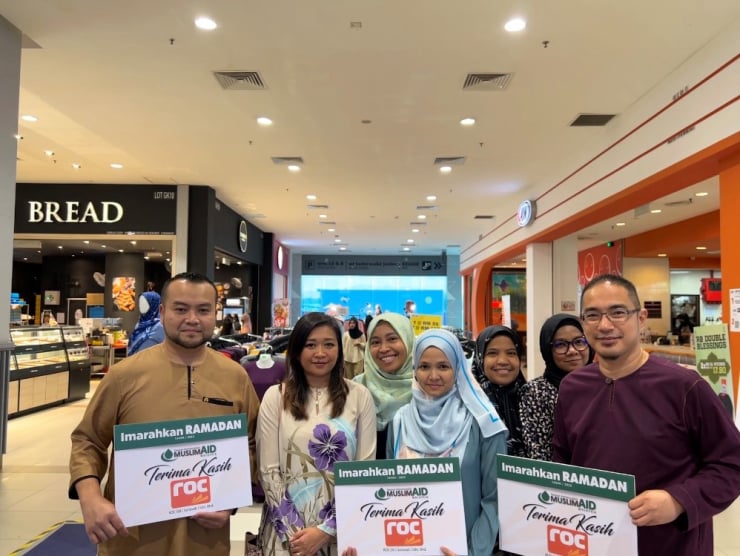
Philanthropy - Kuala Lumpur
In 2023, we proudly closed our Zakat Distribution Programme
with great success. Together, we made a significant impact by assisting over 900 eligible individuals
this year.
Through ROC Malaysia Wakalah Majikan, a total of MYR 83,496.00 was disbursed. This included
organizing Iftar gatherings benefiting 545 individuals, providing 'baju raya' (traditional clothing) to
275 children from welfare centers and tahfiz students, and distributing food baskets to 150
families.